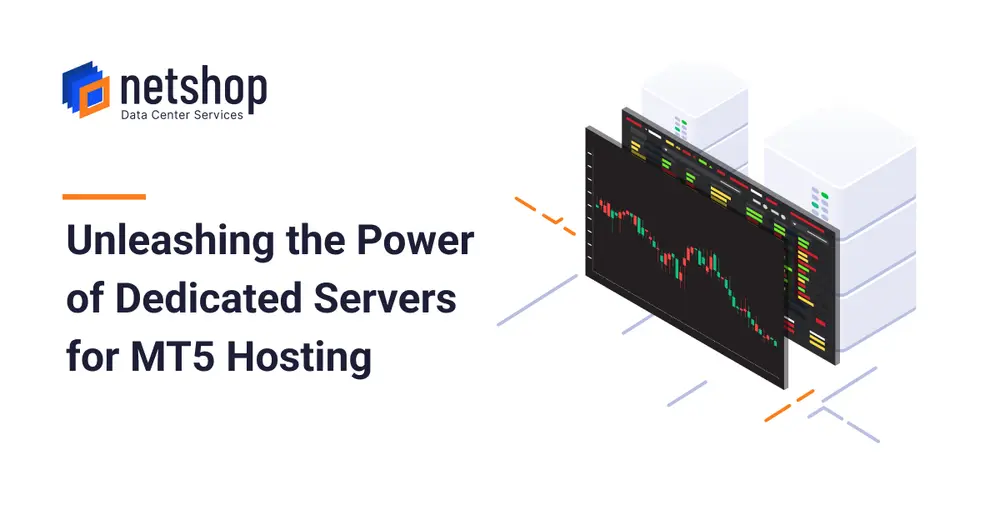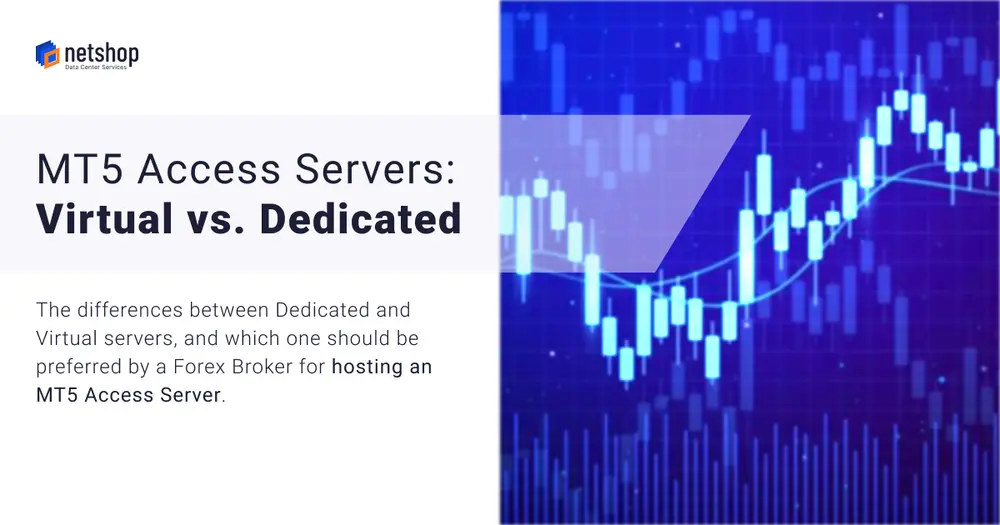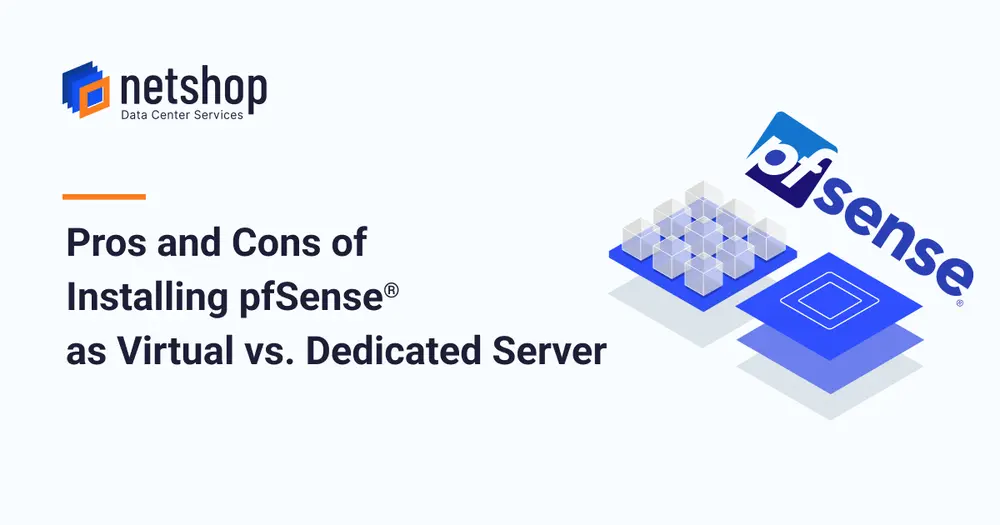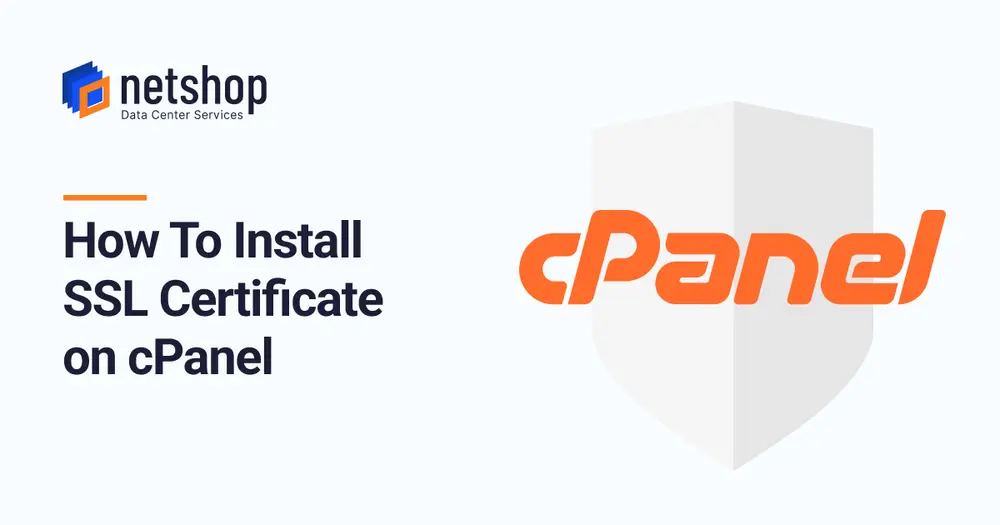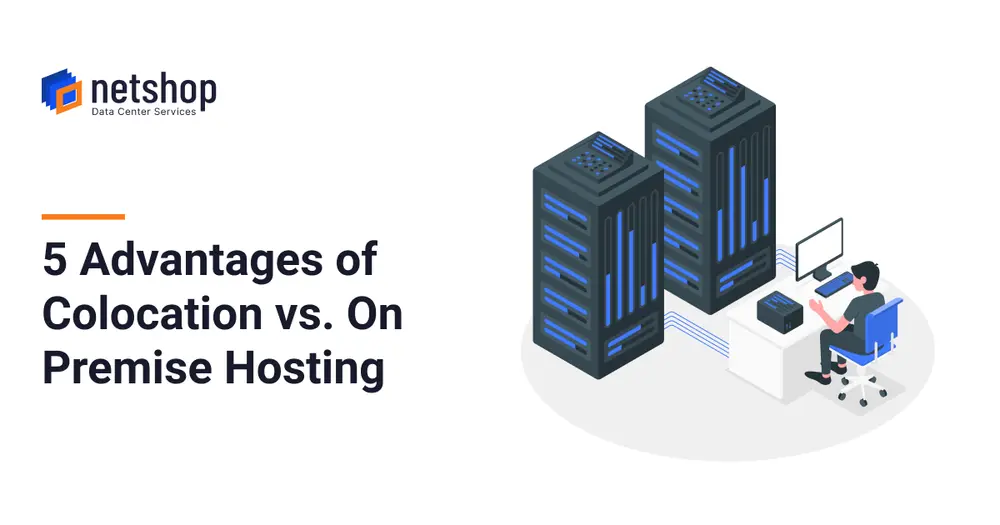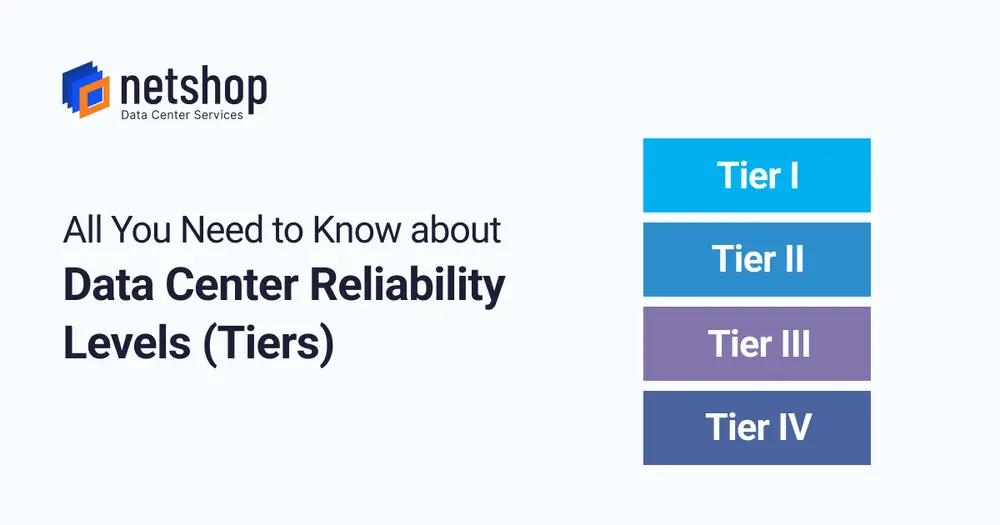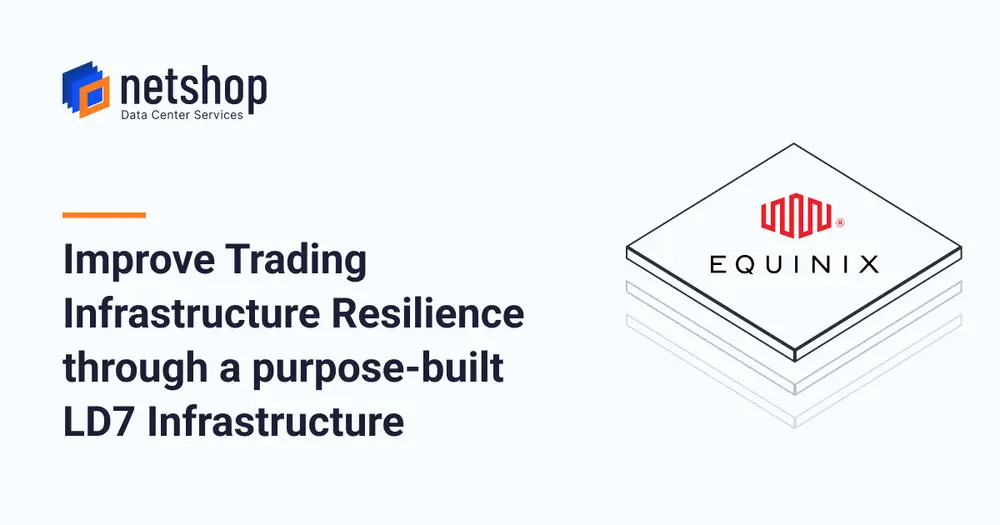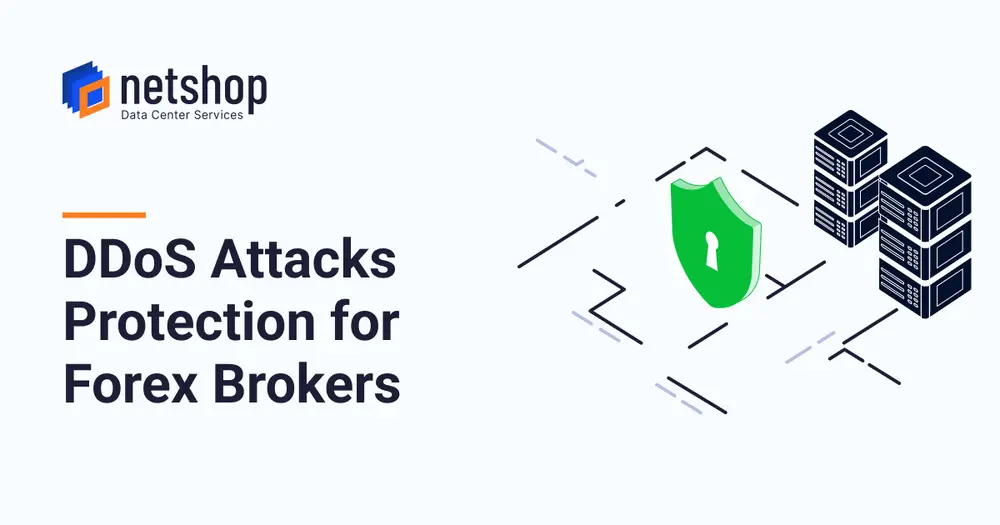If you’re wondering whether or not you need an SSL Certificate for your website; the short answer is yes – you do! Having an SSL certificate has become essential – let us explain why.
What is an SSL certificate?
SSL stands for Secure Sockets Layer and is a digital certificate that enables encrypted communication between the browser and the server, ensuring that all traffic between the two is secure.
Without encryption, a website is vulnerable to data breaches. Having an SSL not only authenticates the identity of a website, but also largely decreases the risk of any sensitive information being stolen. Ultimately, an SSL certificate creates a secure environment for website owners and users.
How do I know if a website has an SSL certificate?
To check if a website has an SSL, just take a look at the URL. If it begins with ‘http’ instead of ‘https’ it means that the website you’re using does not have an SSL certificate and is not secure. The extra ‘s’ on the ‘https’ stands for secure and shows you that the website has an SSL installed.
Some browsers will also show you a little padlock icon in the address bar to indicate that the website you’re using has an SSL certificate, and will also notify you when one that you are using does not. You can click the padlock icon to view the certificate information.
Why do I need an SSL certificate?
Are you still questioning if you need an SSL certificate? Now that we’ve covered what an SSL is, let’s take a look at why you need one.
1. Security
If you request any personal information from a user on your website, such as payment information or private details, it’s absolutely vital that you have an SSL certificate. Without one, you are putting your users at risk of having their sensitive information stolen whilst using your website.
If you own an ecommerce website, you need to have an SSL installed in order to accept payments securely. As we mentioned before, an SSL ensures data integrity by encrypting all of the data shared between your website and the server, saving you and your users from potential hackers.
If your website is WordPress or any other database driven site, it is also crucial that you have an SSL to protect the administrator login page.
2. Increases user trust
From a consumer perspective, if a website is indicating that it is ‘not secure’ there is little chance you would continue to use it, let alone buy anything or divulge sensitive information. Having an SSL certificate shows the user that your website is safe to purchase from, subscribe or login to.
Without one, you risk losing potential customers to more trusted sites, resulting in decreased user retention and ultimately, a decline in sales. Having an SSL certificate helps build consumer trust, and improves the credibility and reputation of your website and business.
3. Search engine ranking
Even if your website isn’t requesting or processing any sensitive information, it’s still important that you install an SSL certificate. Google takes into consideration a huge number of factors when it comes to search engine rankings, and in 2014 they announced that one of those is whether or not it has an SSL certificate. That means that your website is more likely to rank higher on the search engine results page and have more traffic with an installed SSL certificate.
Web Security made simple with NetShop ISP
Ready to secure your website? For more information on SSL certificates, how to get FREE SSL installation or to view the commercial SSL brands that we offer, visit our website here.
NetShop ISP has also managed to secure the best prices from brands to offer our clients cheap SSL certificates.
You can now also get free LetsEncrypt with all of our cPanel Web Hosting Plans.
For additional consulting or help with any questions you may have, you can contact our SSL Specialists.
